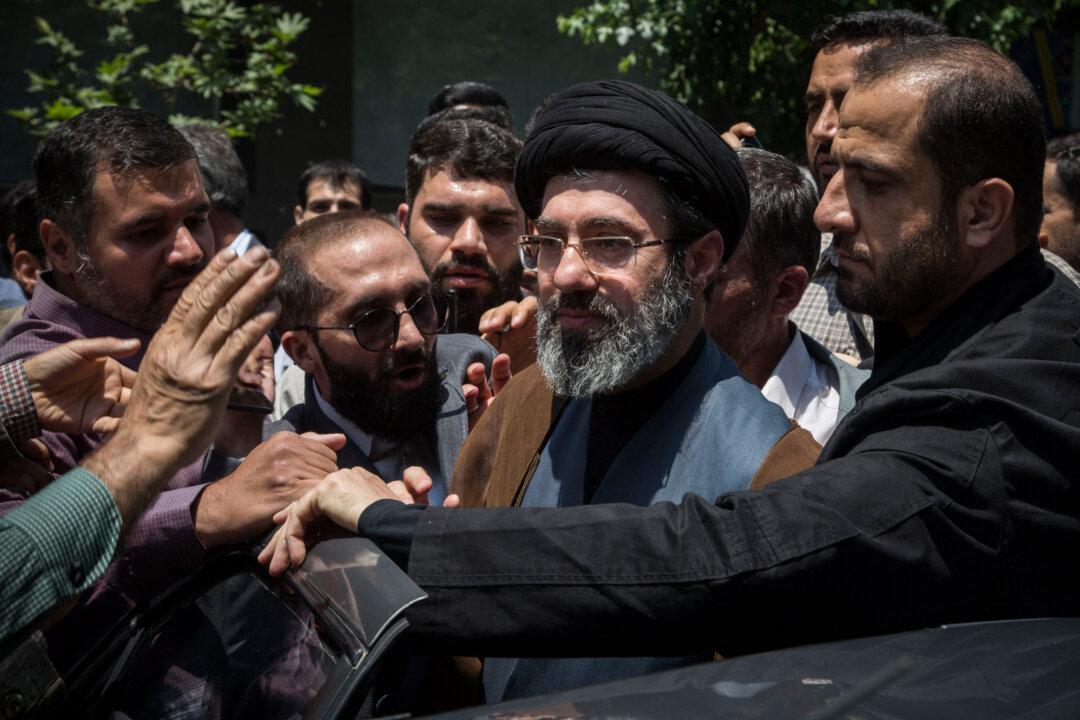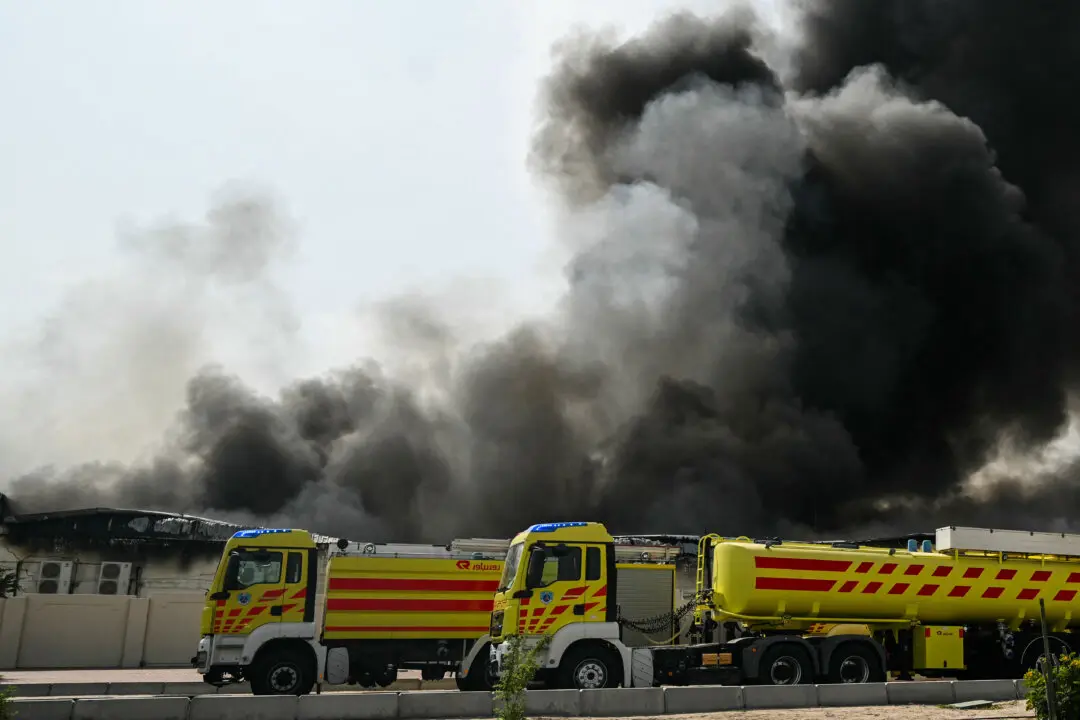Defense ministers and other officials from all 31 nations in the North Atlantic Treaty Organization (NATO) gather between July 11–12 in Vilnius, Lithuania, for a meeting that could define the 75-year-old alliance’s next century.
On tap is NATO’s first updated battle plan since the fall of the Soviet Union, a discussion about membership funding levels, Sweden’s proposed entry, and clarifications on “pathways” for Ukraine to join while drawing support from individual member nations, but not the alliance itself, in its war to repel Russia’s invasion.





